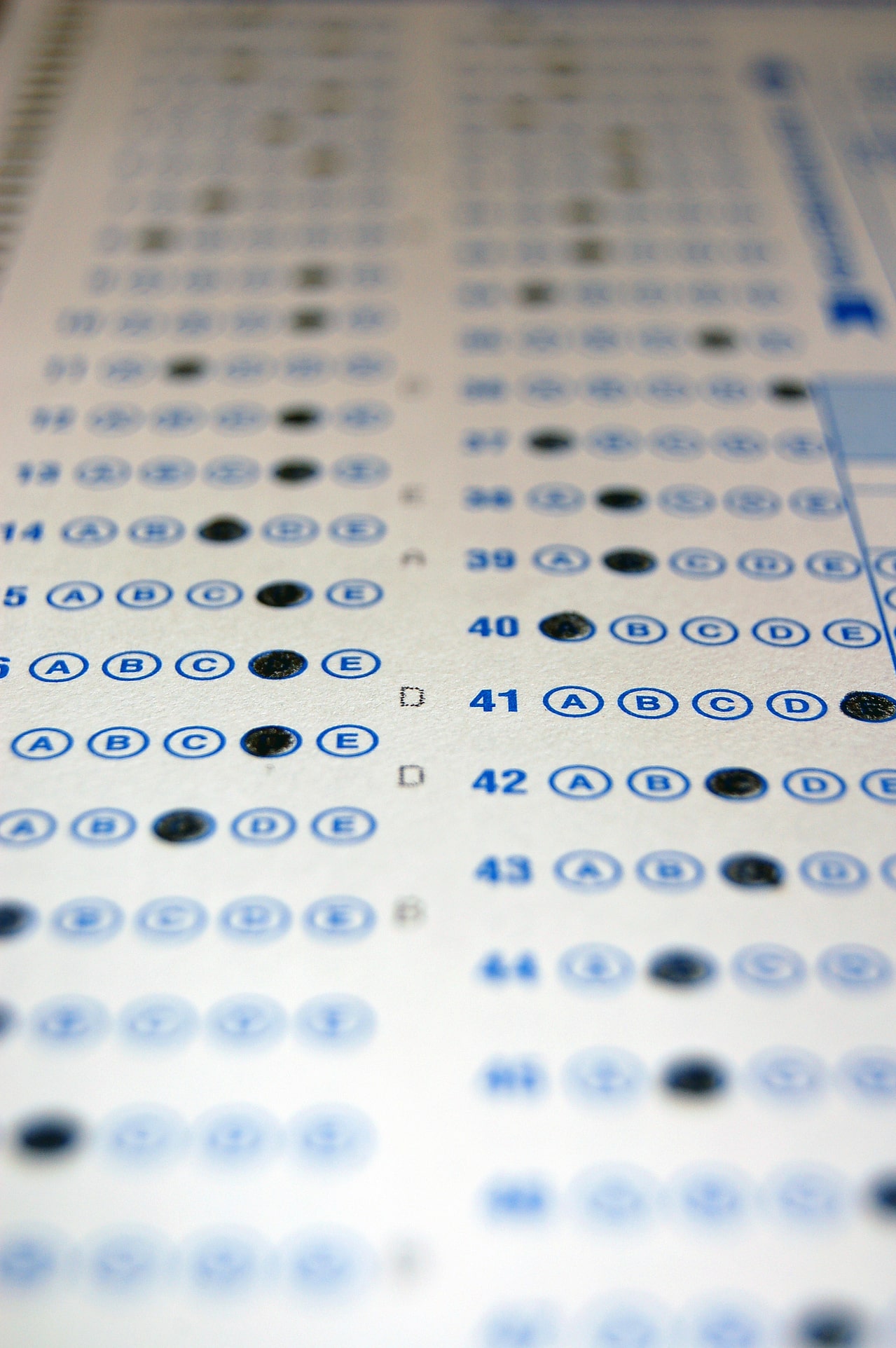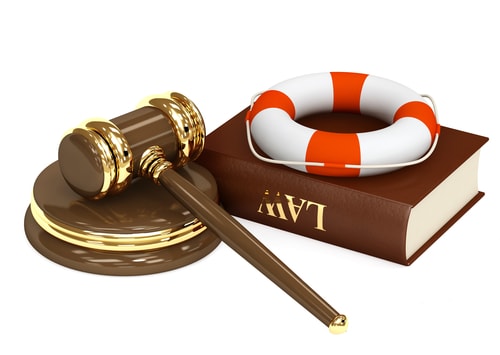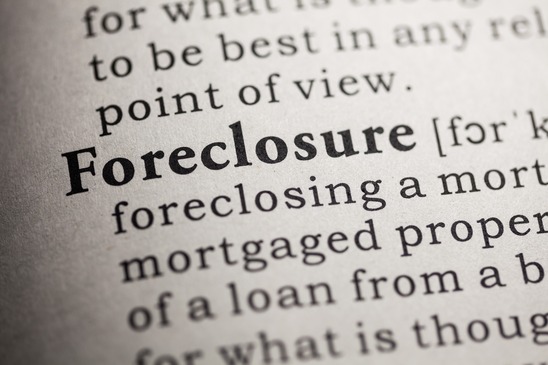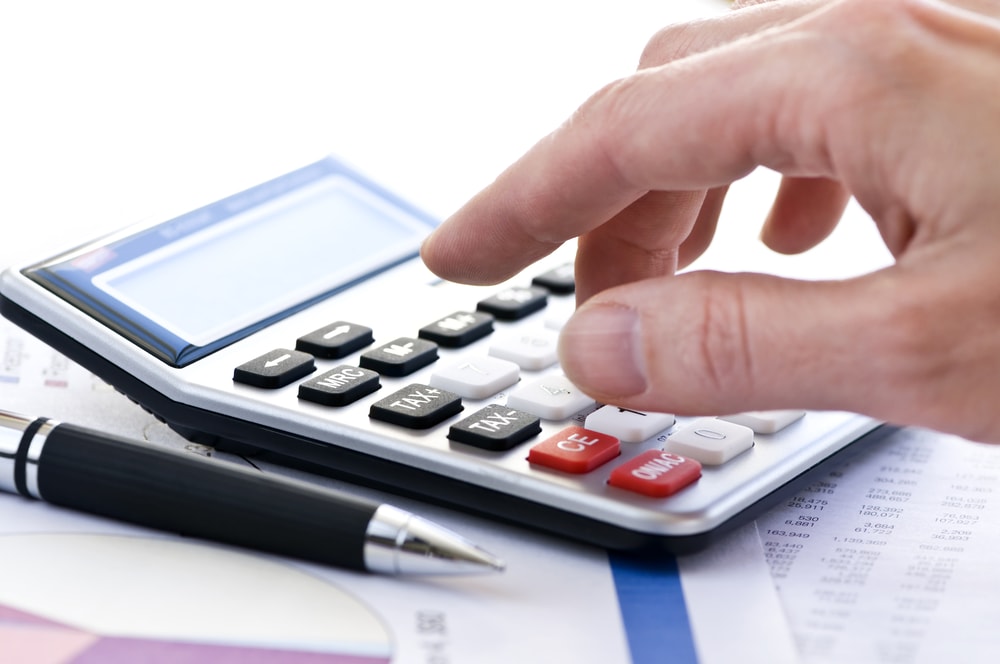As a NYC bankruptcy lawyer, David I. Pankin updates readers regularly on changes in bankruptcy law. The Justice Department has released new figures to be used when determining when the New York bankruptcy means test applies for cases filed after November 1, 2020. In the Bankruptcy Code, the means test is used to determine eligibility for the filing for Chapter 7 bankruptcy which allows debtors to quickly eliminate their dischargeable debts. When considering filing for Chapter 7 bankruptcy, a debtor must determine whether the means test applies to them and if it does, whether they pass the test. The requirement to determine eligibility for Chapter 7 bankruptcy under the means test only applies to those who have primarily consumer debts, such as credit card debt, personal loans or medical debts.
Debtors who are below the median state income for their household size are not subject to the bankruptcy means test and may qualify to file for Chapter 7 bankruptcy. Those debtors whose household income is above the median income for their state, must complete the means test budget calculations in order to determine their eligibility. Other than a few specific exceptions, all household income received in the last 6 months is used in calculating the means test. Income prior to that time period or the previous tax years reported income does not factor into the test. In computing the test, the debtor’s last 6 months of household income is annualized and then divided by 12. Then this figure, known as current monthly income, is subtracted from the expenses set by the test. Please note, when determining current monthly income, Social Security, Veteran’s Administration and Department of Defense benefits do not count toward household income, neither do the payments made pursuant to the CARES Act. All other income, including short term gig related work, bonuses, commissions, and even traditional unemployment insurance payments count towards the household income. On the expense side, debtors are required in the calculation to substitute most of their actual living expenses with the IRS living expense allowances for the county in which they live. The law does allow a debtor to use some of their actual expenses, such as mortgage payments, car payments, charitable contributions, and child support, but not many others.
If a debtor passes the means test, they may qualify to file for Chapter 7 bankruptcy. A debtor fails the test when they have a sufficient surplus of income left in their budget which can be used to fund a Chapter 13 plan. If a debtor fails the means test, then they are restricted to filing for protection under Chapter 13 Bankruptcy. In a Chapter 13 filing, a debtor is required to repay their debt over a 60-month repayment plan. The means test results also helps determine the required monthly payment for a chapter 13 plan. Depending upon the result, a debtor may only be required to pay a percentage of their debt back.
Below are the new median income figures for New York State that are to be used in determining when the New York bankruptcy mean test applies for cases filed as of November 1, 2020:
- Household of 1: $59,956 (up from $57,137)
- Household of 2: $76,219 (up from $72,642)
- Household of 3: $91,381 (up from $88,240)
- Household of 4: $111,054 (up from $107,550)
(For household with more than 4 people, add $9,000 for each additional individual)
With the economic impact of the Covid-19 Pandemic still being felt, many debtors have had a reduction in income, some a significant reduction of income or are even on unemployment benefits. Since the means test only considers the prior 6 months of income, if a debtor was above the median income earlier in the year and failed the means test, they may now qualify for Chapter 7 with the new median income figures if they experienced a reduction in income. Regardless, if you are struggling financially, you should speak with an experienced bankruptcy attorney at our office to best evaluate what your options are. When considering qualifying for Chapter 7 bankruptcy, there are several important factors that may affect one’s decision to file. Even if a debtor qualifies under the means test for Chapter 7 bankruptcy, it is also important to evaluate whether they have any assets that are not protected by the applicable state or federal exemptions. In these cases, the debtor may jeopardize losing non-exempt assets, such as excess equity in a house or a car. Furthermore, a debtor may qualify for Chapter 7 bankruptcy under the means test but still have surplus income in their actual monthly household budget that is sufficient to afford a Chapter 13 payment. In this situation, a debtor may be forced to pursue a Chapter 13 bankruptcy repayment plan instead.
If you have any questions about New York bankruptcy means test or bankruptcy, please feel free to contact the Law Offices of David I. Pankin, PC at 888-529-9600 or by using our easy online contact form.






